We carefully research all volunteer programs and organisations and only select those that are directly in line with our goals and beliefs. You can be confident that all of the programs we offer uphold the following core ethical values.
Volunteer Safety

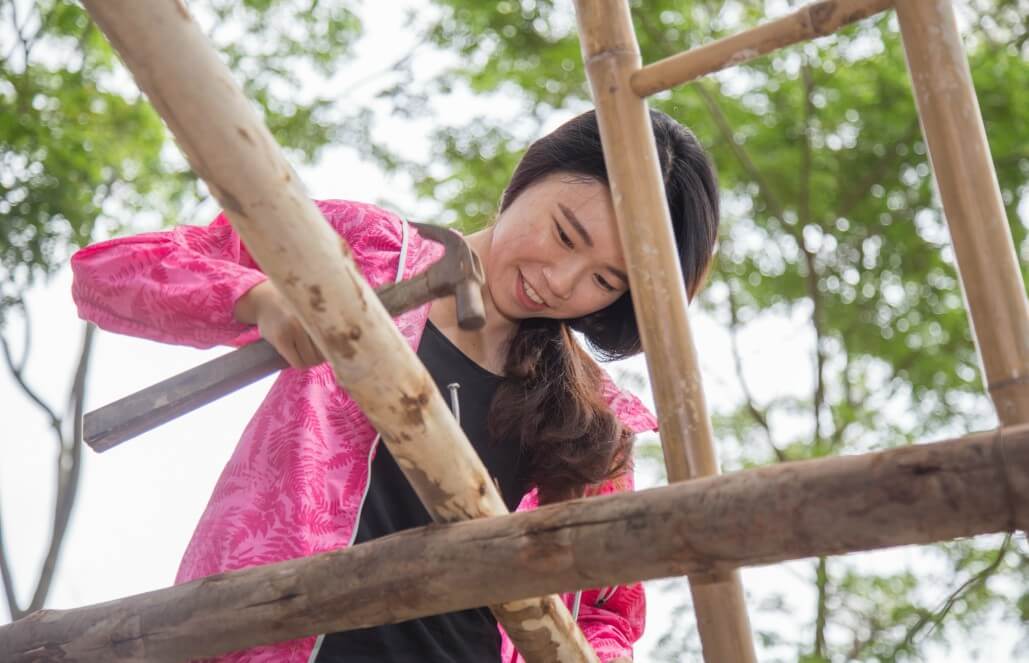
At Gnarly Troop we pride ourselves on the safety measures that we take for all of our volunteers. With the exception of several programs specifically for volunteers age 15-17, we do not accept solo travelers who are under the age of 16. Volunteers on these specific teen programs are highly supervised by the local team. Volunteers aged 16 -17, may be accepted to many of our other projects with parental consent, but in this case they agree to manage themselves in an responsible and professional manner.
Additionally, we offer 24/7 support through both our local, on-site teams and our 24-hour emergency support phone line. Country-specific safety tips can be found in our pre-departure documents that are sent to volunteers once they have been confirmed on a placement.
Child Protection Policy
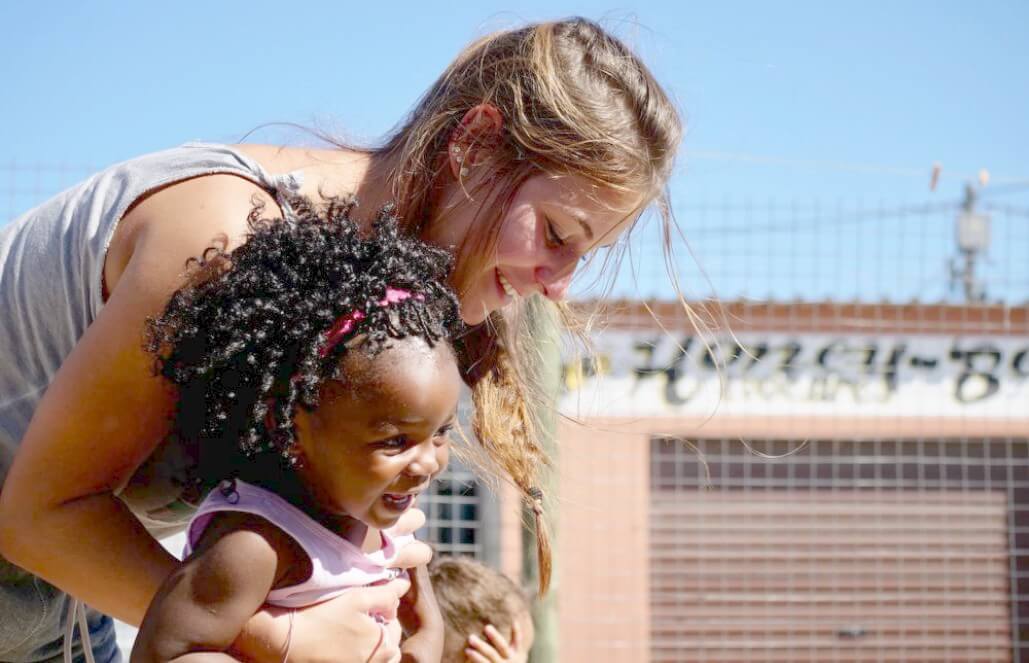
Volunteering with children is a sensitive ethical issue in international development. We’re very conscious of the questions people have over the participation of volunteers in projects involving children, so we have make our child protection policy central to these programs.
For every one of our programs that involves working with children or other vulnerable communities, police clearance is required from the prospective volunteer. Protecting the children who are on the receiving end of our volunteer programs, is our priority. We only work with partners who hold volunteers to the same requirements.
Our pre-departure kits that we send to the volunteers before their arrival include the rules of conduct that they must follow in order to participate. This education is not only crucial for joining a program, it’s of value for long afterward too - we believe in equipping volunteers for life, not just the duration of their program.
Monitoring and Evaluation
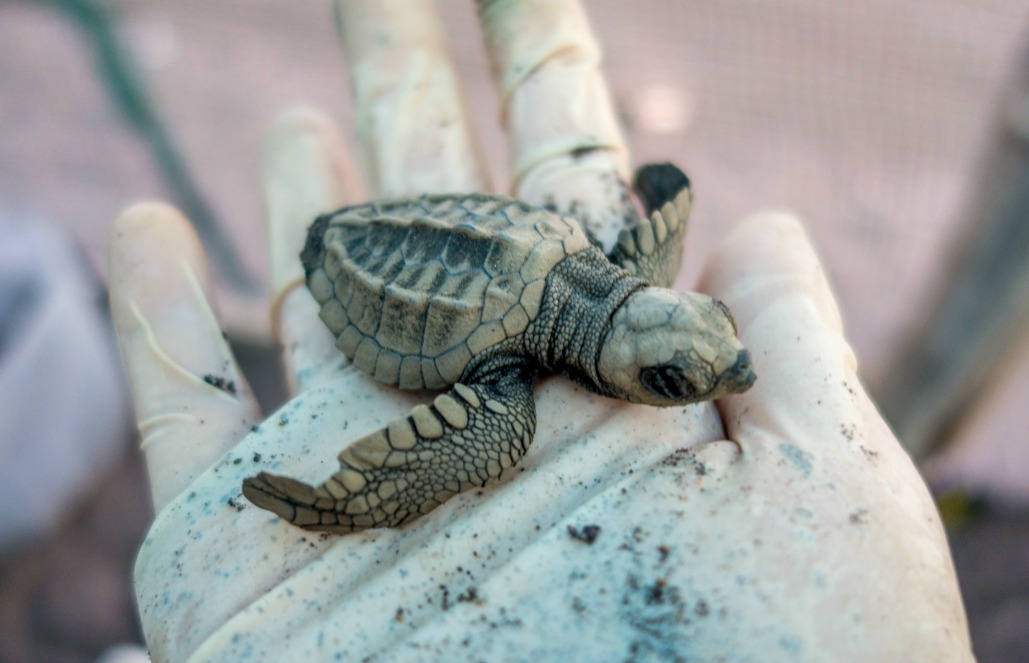
We keep a close eye on all of our projects. This means monitoring the effect of our programs to ensure that they are making a positive impact and have achievable, sustainable long-term goals. We also continually evaluate the contributions volunteers are making, to both make sure they are working where needed most, and gaining relevant skills and experience that is vital for their personal journeys.
Our wildlife programs, for instance, all have trained staff on-site who supervise volunteers. They help us to make sure our volunteer programs are having the intended benefit. We also collect data from our wildlife partners, recording details such as the progress of the animals in rehabilitation, or the number of releases from the rehabilitation programs. Our research-based programs produce vital data that has been published in global research databases.
We’re careful to make sure our volunteers are placed where they can make the greatest contribution and reap the greatest reward. For example, our medical programs each have a list of minimum requirements, including proof of qualification for being a medical volunteer. Medical volunteers are assigned only those tasks which they are qualified to perform. This ensures a positive outcome for all involved.
Sustainable Goals

All of our projects are driven by a long-term vision. We work with partners who understand the importance of sustainability and whose projects work towards achieving a long-term goal.
Gnarly Troop does not work with any organization or program that does not contribute to a long-term positive impact. All programs that we promote address a genuine need, whether this be the conservation of an animal species, the necessary construction of community buildings or the teaching of English to non-native speakers to help them excel in their academic studies.
We’re also firm believers in the importance of cultural immersion and exchange. Homestays with local families are offered on several of our programs, which help tie the volunteers to the community in which they are volunteering.
Wildlife Protection Policy

Sadly, exotic wildlife are often exploited for the sake of tourists - including in centers that take in volunteers. However, volunteer programs also make huge contributions to conservation. Conservation and protection of wildlife is our deep passion, so we strive to provide the opportunity for well-meaning volunteers to get involved with animals in an ethical manner, while assisting overarching conservation strategies.
We do not support the abuse of any animal for any purpose, including that of entertainment, nor do we support any program in which the animals are in uncomfortable living arrangements or programs that are in petting zoos.
We select and monitor wildlife projects carefully. Frequent visits to the projects ensure that they continue to align with our goals and values. We ensure that our programs are not involved in illegal trafficking, canned hunting, or any related illegal and immoral activities. Gnarly Troop also works with authentic sanctuaries whose aim is to provide resident animals with the best life possible.
There may be opportunities in some circumstances for our volunteers to have hands-on interaction with some animals, but we make it clear to volunteers that this is not to be expected as part of the program. Direct contact with animals occurs only in circumstances where it is necessary or beneficial.
For example, Gnarly Troop has many wildlife programs whose aim to is rehabilitate and then release these animals back into the wild. However, select wildlife sanctuaries have animals that were raised by humans. Often times these animal have been kept as pets or used for illegal trading, unfortunately cannot be released back into the wild for behavioural reasons. These animals are accustomed to human contact and may be touched when being hand-fed or during medicine distribution. This is based on the availability, safety and well-being of the ambassador animals and the volunteer, and will be at the discretion and under the supervision of the sanctuary staff.








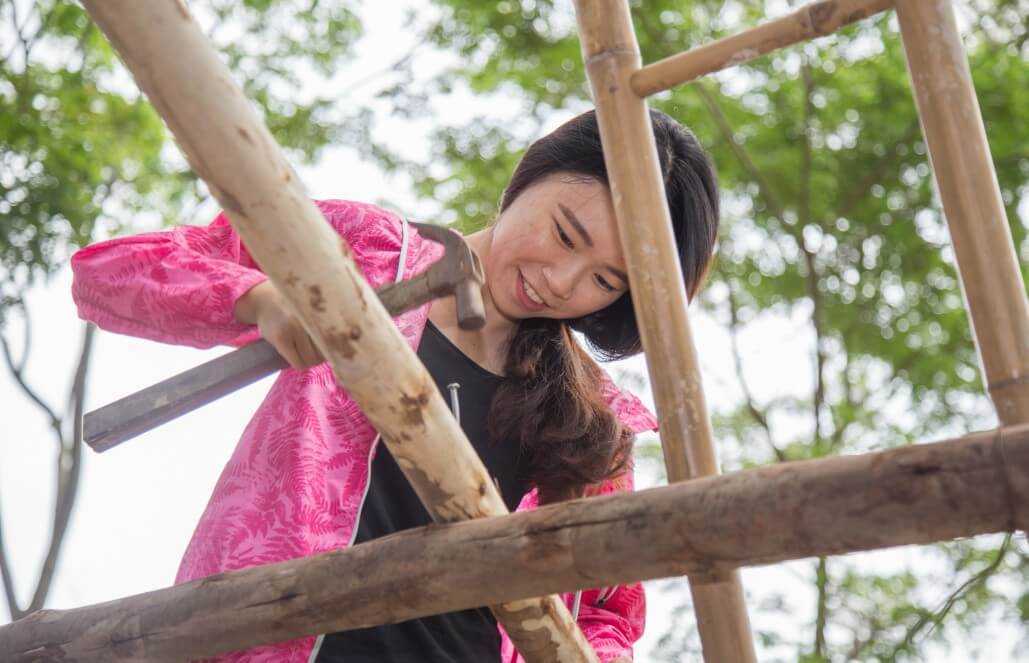
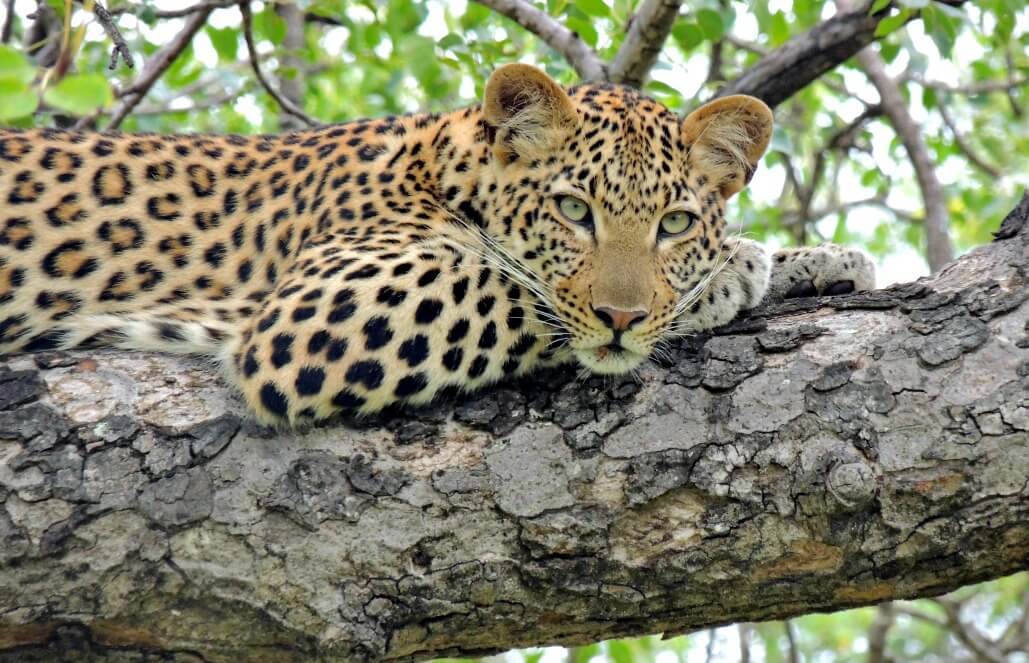


 More Info
More Info